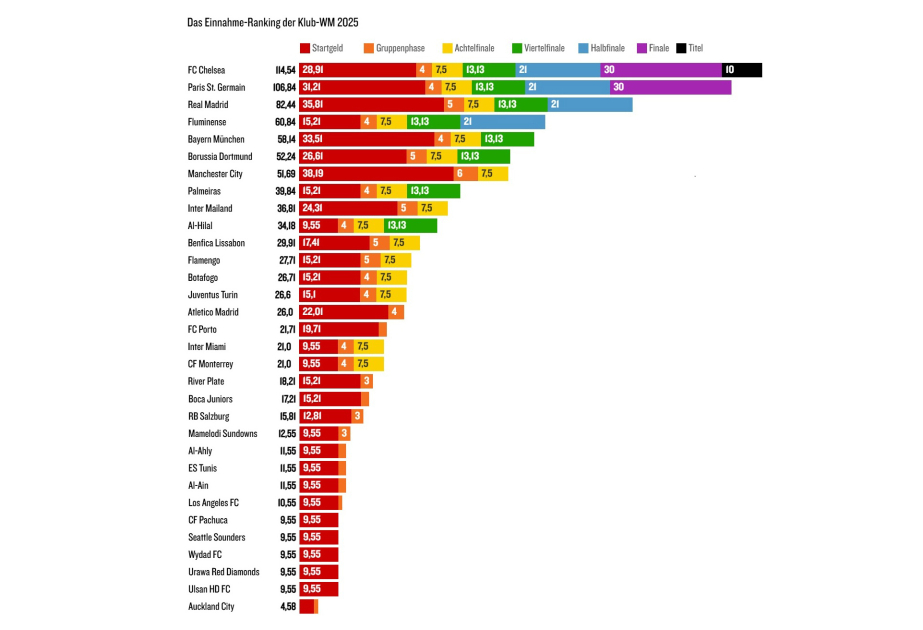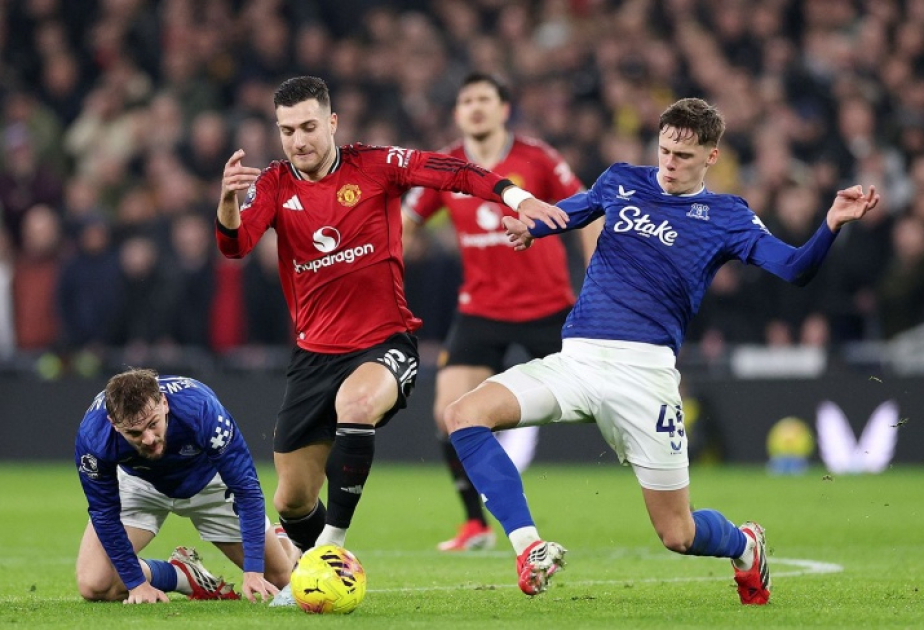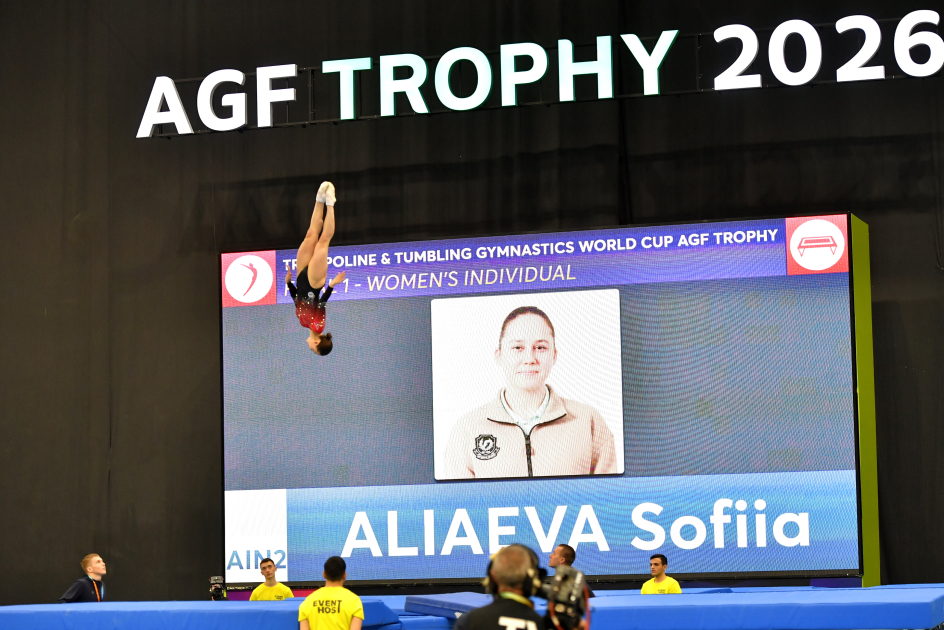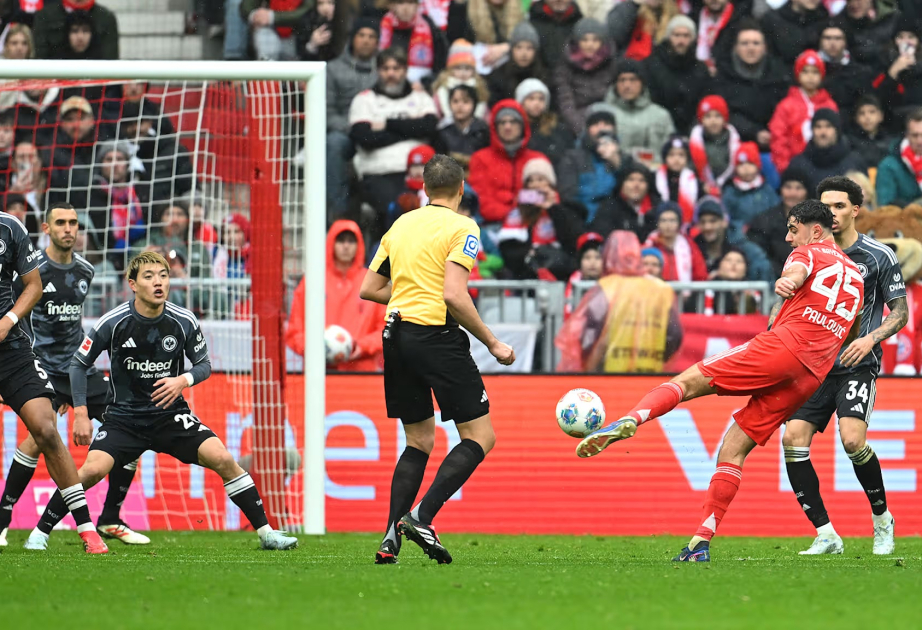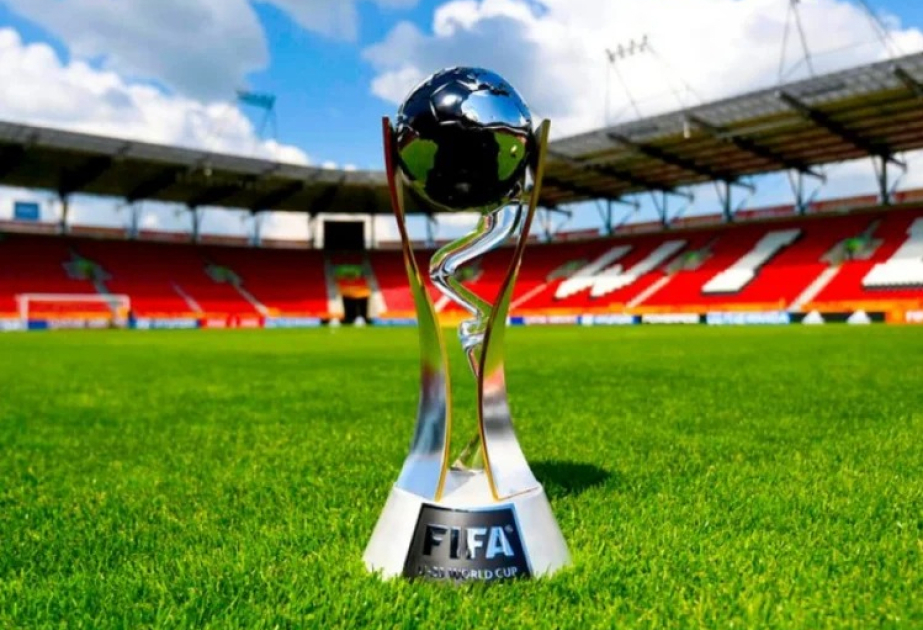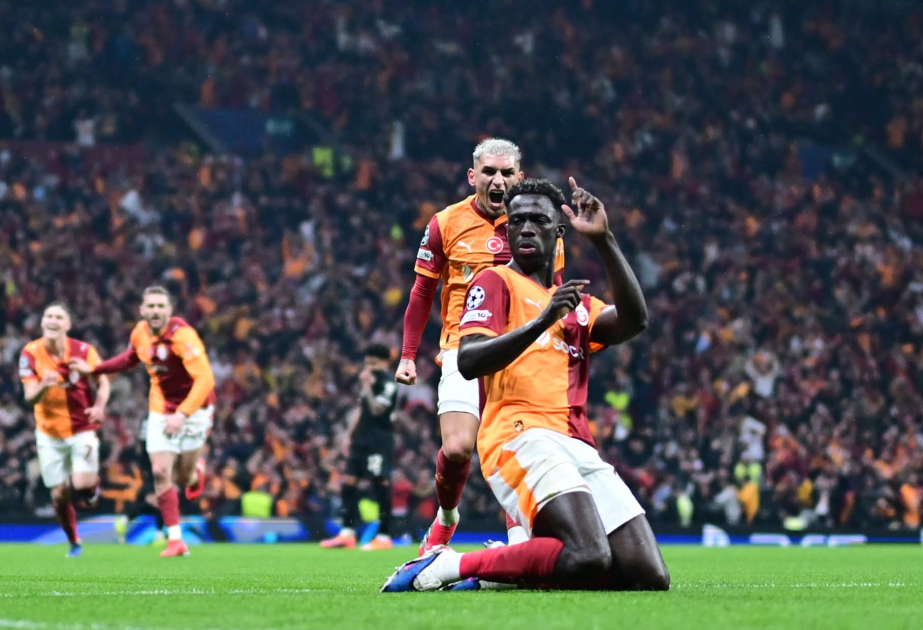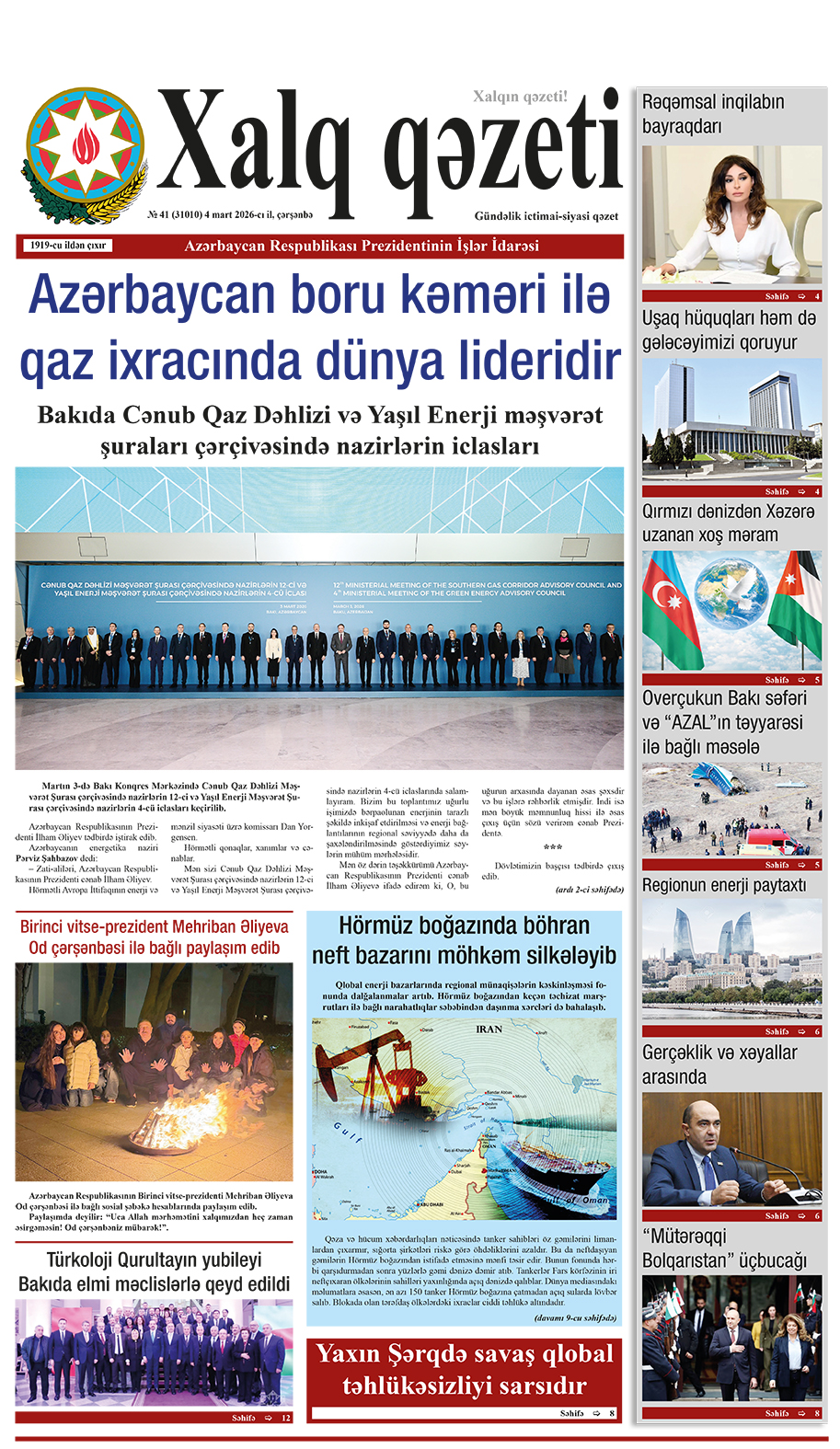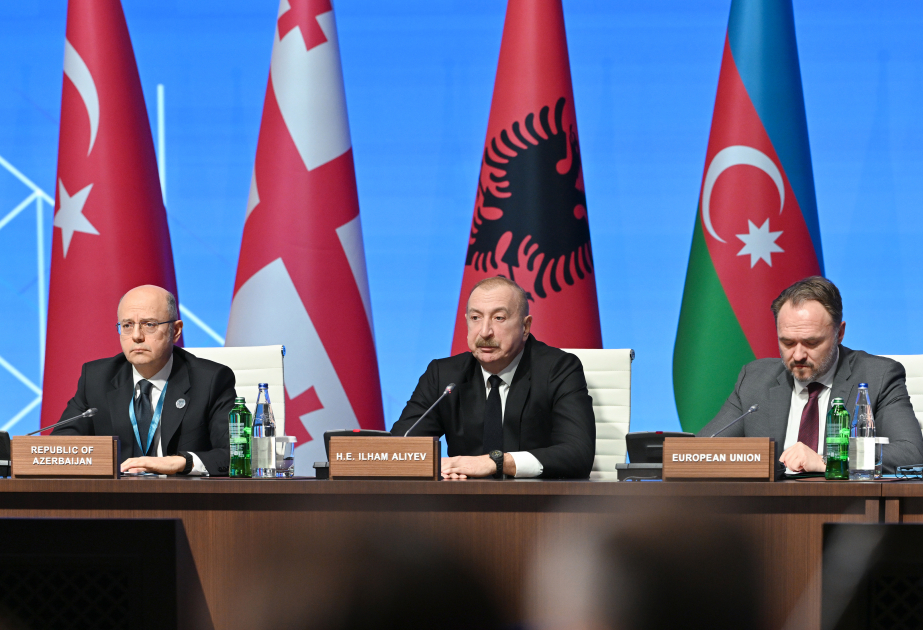The Club World Cup has had its critics but for the clubs involved the competition's $1bn prize pot has proved a lucrative incentive, according to BBC.
With the first edition of the new-look tournament now complete, we are able to analyse the financial rewards reaped by those competing clubs.
BBC Sport explains the breakdown of the prize money and what it means for the clubs getting it.
The new look competition had a prize pot of $1bn (£726m) to give out to the 32 competing clubs, with $525m divided between all clubs for participation and $475m awarded on a performance-related basis.
Money awarded for participation for European clubs was weighted by a ranking based on sporting and commercial criteria, meaning some were awarded more than others for taking part.
European clubs were handed between $12.81m and $38.19m just for turning up, while teams from other continents were given a set fee - that was $15.21m for South America, $9.55m for North and Central America, and Asia and Africa, and $3.58m for Oceania.
Fifa has not confirmed the individual amounts given to European clubs for taking part, so we have used estimates from football finance website The Swiss Ramble based on Uefa's club coefficient system.
The prize money figures have been converted from US dollars into pound sterling.
Tournament winners Chelsea were by far the most financially successful team, earning about £84m, while Paris St-Germain made about £78.4m in their run to the final.
European clubs, who generally enjoyed larger participation fees, made an average of around £39m while impressive runs from the likes of semi-finalists Fluminense meant that South American clubs made £24m on average.
Money was on offer for results in the group stage, with around £1.5m for a win and £730k for a draw.
Five clubs, including Pachuca and Seattle Sounders, lost all three group games meaning they only received their participation fee.
Despite prize money figures for the likes of part-time side Auckland City looking small, the competition has been incredibly lucrative for them within the context of their overall finances.
The £3.3m taken home by Auckland City was around seven times their overall 2024 revenue of approximately £488,000, while the £67m made by Real Madrid was just 4% of their 2024 figure of £901m.
While this is a huge positive for the part-time club, football finance expert Kieran Maguire has concerns for the impact on other sides from New Zealand.
In line with Uefa rules, clubs are limited to spending 70% of their revenue on wages, transfers and agents' fees - so for every £50m earned, an extra £35m is available for recruitment.
Some clubs have already paid off their summer transfer business by taking part in the competition.
More than 65% of Borussia Dortmund's £57.9m transfer business so far this summer has been paid off from their participation in the United States after they reached the quarter-final stage.
The £27m Dortmund paid to Sunderland for Jobe Bellingham has already been completely paid off.
Chelsea have spent £198m on reinforcements so far this summer on the likes of Joao Pedro and Liam Delap - £84m of that has been covered by their impressive run at the Club World Cup.
Despite Manchester City's surprise last-16 exit to Al-Hilal, they still earned around £38m from the tournament - which equates to 35% of the summer business they have conducted so far.
Real Madrid paid Liverpool a fee of around £8.4m for Trent Alexander-Arnold to get him a month early to be part of their squad for the competition - that was paid off after just three matches.


